Director Lee Mi-hae joined gradually the Escape the Corset Movement after a friend introduced it to her in 2017. Beside the practical advantages of not devoting hours to adorn herself, the movement made Lee Mi-hae reflect over deeper issues such as self-acceptance and freedom. She started working on a documentary about the Movement the following year, collecting interviews with women across various fields, actors, YouTubers, professors, authors, students, along with fragments of her own story. “Escape the Corset” premiered in South Korea in December 2020
On the occasion of her documentary “Escape the Corset” screening in Hong Kong Arts Centre on Friday 16/4 at 7:30 pm as part of Women Direct. Korean Indies! – Korean Women Independent Film series, under the signature programme of the Hong Kong Arts Centre, Independently Yours, we talked with the director about the hard part of making the documentary, the ingrained, toxic idea of beauty in Korean society, the meaning of a haircut, the role of social media and more.
How and when did you come across the Escape the Corset Movement? And when did the idea of making a documentary start to emerge?
I first came across the Escape the Corset Movement in the winter of 2017 and I started to make up my mind about making the documentary a year later. I realised I had lived in a very patriarchal society and I decided I wanted to accept myself as I am and also accept who I was before. I realise I am not any more locked up in this restricted society; I am now free, I have a free soul, so I can create new directions for myself and I think this is a real gift. About my hair, I now understand hair doesn't mean anything, it doesn't have any big meaning, it's just hair that grows every day. I found out that my friends and other people also had the same ideas as me and while practicing the Escape the Corset Movement, I realised that people use the concept of “hair” to categorise genders and to treat people differently. When I realised that many people agreed with me, I also understood that the Escape the Corset is more than a simple movement, it's a social change, a social movement and I decided to use this experience to make the documentary.
Did you encounter any major obstacles while making the film? What was the most challenging part for you?
More than obstacles, I would like to talk about the things in which I put more effort, basically 2 main things. One was gathering the interviewees for my film. Escape the Corset is one of the most popular and sensitive issues of feminism in South Korea right now so it's very difficult for Korean women to reveal themselves standing in front of the camera and talk about these issues. It was very tricky and difficult for us to gather interviewees so when I asked people to talk about their issues, there were obviously some people who refused to do it, but thankfully, many people agreed to my requests. Yes, it was very hard, but it was also part of the deal of making a film with interviews. The second thing was the basic storyline of this documentary; as I said this movement is a very sensitive issue in this society, so I was trying very hard to focus on not hurting anyone with my storyline, not offending anyone. I just wanted to show how Korean women are living, their general life as a whole and I was trying to make people understand the whole concept and the whole story. So, I was constantly editing in and editing out the whole storyline, I did that for about thirty times and I was very proud of myself when I completed the whole thing.

This craze about beautification is something that has always been like this in your culture or do you feel that in recent years, there has been a growth of the objectification of the female body? And if so, what do you think the reasons are?
The craze about beautification has always been in this society. It is based on the social structure, but it is different from just women being obsessed with their appearance, it is actually the social atmosphere that forces them to do so. After the industrialisation and the advent of media, women had more opportunities to participate in the society and this whole beautification craze got worst. In the past, there was a hierarchy in the society; when it was removed, then people started to think that they could do whatever they wanted if they had money and power, so people applied this kind of concept to women also. This concept has always been in the media, that is why more and more women felt they had no choice but to become obsessed with their physical appearance. If women want to be in a position of power they have to be chosen by men. It's the way social structure works, and that structure is still going on and that is why women have to put lots of time, effort and money into making themselves more beautiful. And all those things come from media, media have the biggest part in all of this, because men are the leading part of the media, through the media men are forcing women to look better. It might look like men are giving freedom to women but actually it's the opposite because men are telling women to stay low in their position, stick to their job and their place, not to try to climb up the social ladder. It's because men are afraid that their position might be taken away by women, that is why there is objectification of women for sexual consumption. Men are objectifying the female body part by part, eyes, nose, lips, every part.
How is the young male generation reacting to the Escape the Corset Movement?
Men have long been living wishing to evaluate women, to judge them so the whole concept of Escape the Corset Movement is to defy that, defy men's evaluation on women. Women who participate to this movement just want to live freely, they want to get away from men's evaluation and judgment, they want to live life as a leading part, they want to live their own life. Because of this concept, a lot of men think that women are taking their power away, they have to be in a position to evaluate women but that is taken away by women. This is why lots of male citizens are opposing this movement and even protesting and giving negative opinions about the whole concept. There are also some people that came to my social media account posting some messages with lots of negative comments about feminism and the movement. Of course, there are many of my male friends who support me and the whole idea of the movement but I can see, especially online, that there are many men in their twenties that are refusing this movement, refusing the whole idea that, through the movement, women are trying to be equal. They don't like that.
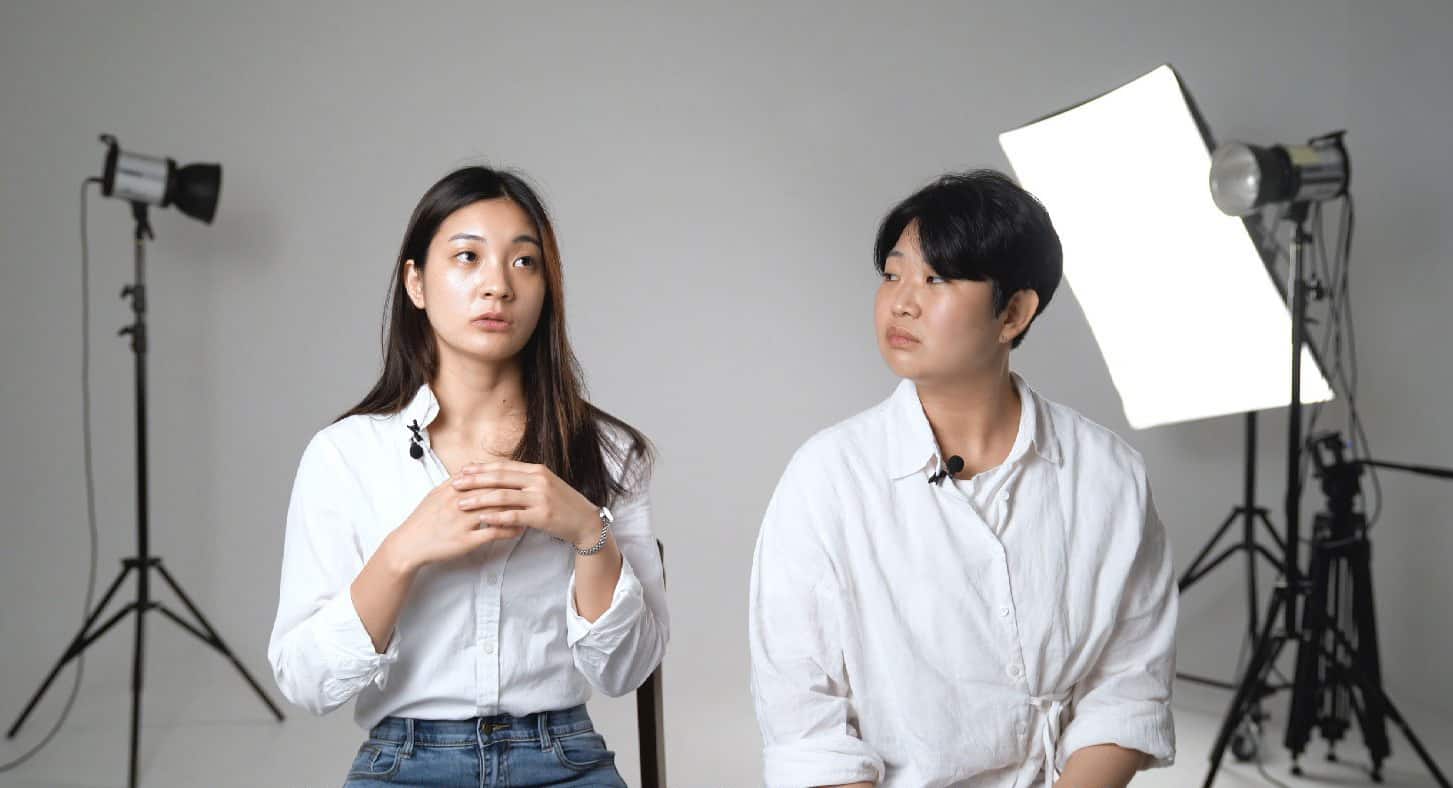
The role of social media in the spreading of the Escape the Corset Movement was fundamental, can you elaborate on this?
Yes, that is a very good question, actually the Escape the Corset Movement made a vast use of social media and used their good aspects. Basically, how it worked is that people would use Twitter and Instagram to spread the movement. They would post pictures of their cosmetics destroyed, with the hashtag #escapethecorset and they would also post their selfies with their short haircuts or their hair changed from before. They would post all these photos saying something like: “I am also taking part in this movement”, showing to people that there are many women joining the movement, and through those posts, people would have courage to be part of the movement and support each other. Through social media, lots of women are sharing their experiences about escaping the corset.
Do you feel that with the Escape the Corset Movement the general situation is improving from the point of view of female and feminist awareness in Korea? What t is the feminist movement doing to keep the momentum going?
This movement was very helpful for the people who took part in it and those who supported it because they could see their physical bodies through their own eyes, not through the eyes of others, so they are now living their daily life as they are. Their daily life also affects others so a lot of people would do the same and live their life with confidence. I think this movement is the quietest but at the same time also the strongest way to fight for feminism. Like I said in the movie, in Korean society, just living is itself a struggle, a real struggle. Even today in Korea you can see lots of headlines saying that a woman has been killed, so the situation is still very bad, but feminists don't give up; they are still fighting very hard, taking part in the movement and that is a big deal. Forming small groups within their own social groups is the way people support each other, for example in their school, in their jobs. They form small groups to help each other. Those who are facing obstacles or are tired to fight in the movement, can take a break from it and recharge, so I think that people in these situations are doing really well and I also believe that the momentum is going to be stronger. Back in the days, in Korean society, there have been some feminist movements but most of them fell apart because of those who were in power. But nowadays, there are more and more feminists working for these movements and I believe they are making roots in the society. Until we reach gender equality in this society, the movement is going to continue.
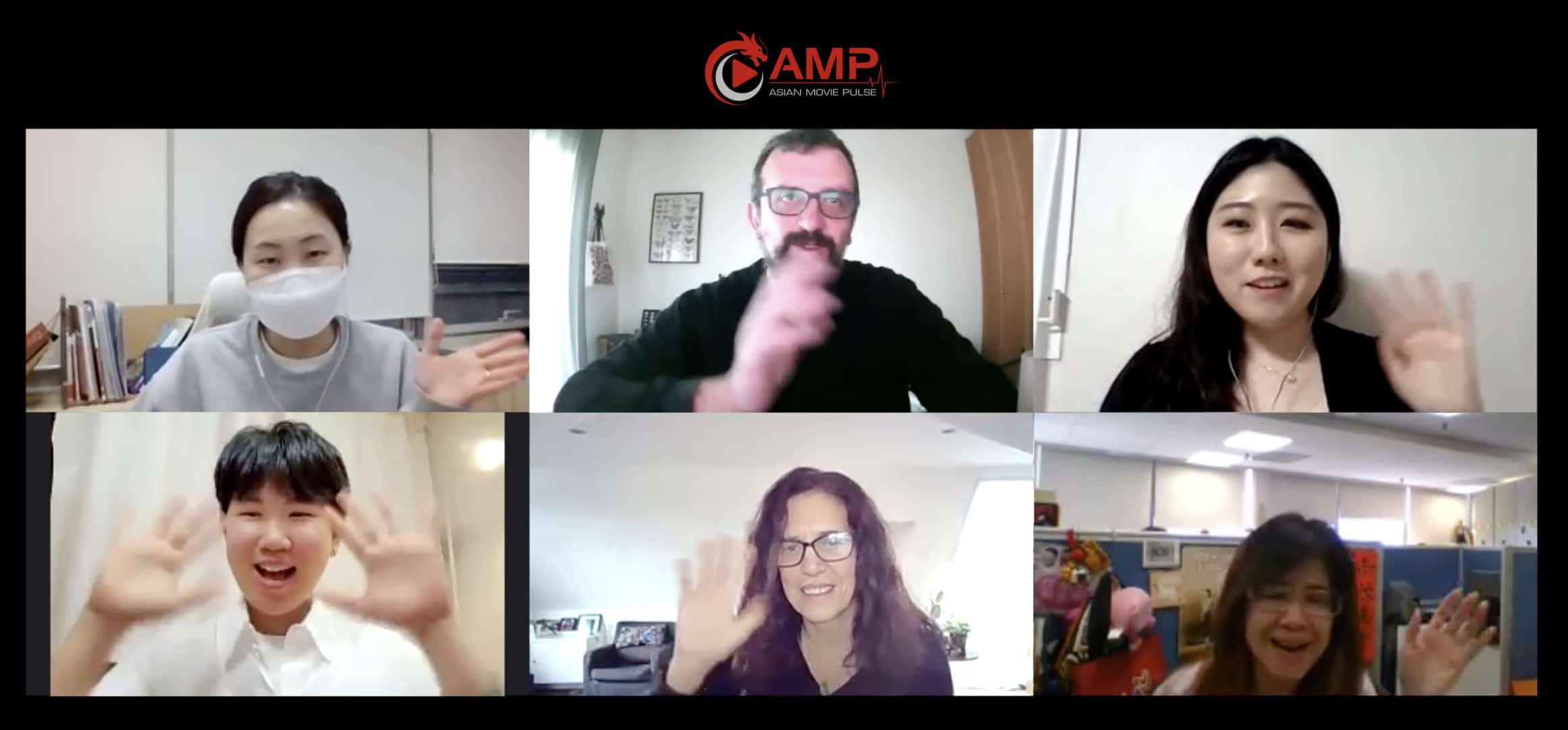
The 4B movement (no dating, no sex, no marriage, no birth) is also mentioned in the film. What is your opinion on that?
I do support the 4B movement. The basic concept of the movement is not to conform to the patriarchal way this society is continually run. People are saying: “I will not get married, I will not have a child, have sex, etc “, because these 4 things are basic ways to continue the patriarchal society. It keeps coming to my mind that these 4 things as impositions are not helpful at all, so I am naturally taking part in this movement. I think the way the society works regarding marriage, dating, childbirth is wrong. This doesn't mean I oppose women who practice those four things, but personally, I am taking part in that movement.
One of the women in the film pointed out how pressing the gender division in small children is, with an indoctrination about very defined gender roles since a very young age. And you mentioned the same about your upbringing. What do you think it can be done to change that?
When it comes to how to change that, there is always one answer: our adults, the older generation, should be changing. It doesn't make sense that they are pressing and indoctrinating their children into these gender roles, just because they grew up in that way, just because they were told that, it doesn't have to be that way. So, there should be lots of adults who change the perception of gender roles for their children. They have to be courageous; they have to have the courage to change and break this vicious cycle, they must change this whole situation. If there is going to be a growing number of adults changing their perception about these things, then children and younger generations would have the opportunity to enjoy growing up as they are. That is how adults would have a positive effect on their children.
The animated parts of the movie are really impressive. Can you talk about those animations?
The reason why I chose animation in this film is that I just thought that because I was shooting a documentary, it didn't mean that everything must be shoot with camera. I thought animation would be useful for me to convey the message I want to address and that is why I reached out to my animator. I chose animation to successfully express the feelings that I wanted to deliver.
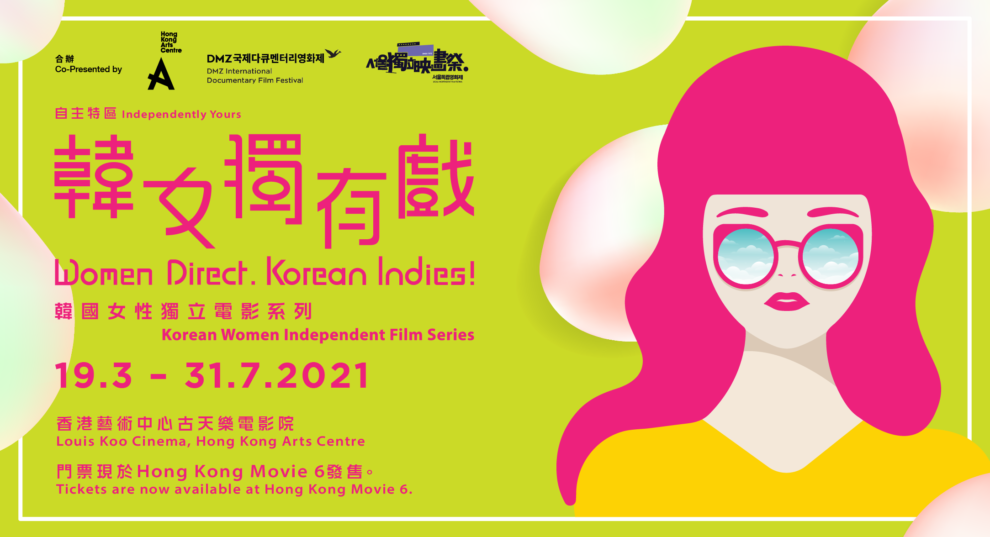
Can you tell us something about the reception of your film in Korea and if you have a plan to make sure it is widely distributed and shown?
Because this film is independent and it was distributed when the Corona Virus was spiking so badly, the number of sold tickets was not that good, but the reactions were very good, people were cheering, agreeing with the opinions in the film, giving me courage. There is one thing I want to share; I thought that mostly young people of my generation would be interested in this film, but I found out that people in their 40s and 50s were also interested in watching it, there were many of these people in the audience. I have a friend who works in a theatre and she told me that there was this grey-haired senior couple watching my film and I realised that the whole feminism and the Escape the Corset movement are not just about young people, but there are people in the older generations that are interested in this whole thing. About distribution, of course I would love the film to be distributed overseas.
Do you have a “next step” in mind? I mean, for your film career and for the EtC movement.
Through this documentary, I have dealt with the Escape the Corset Movement already, so I don't have any plan of making another film on this concept. The basic message of this documentary is to be yourself, looking into yourself, who you really are. Personally, I am trying to keep this in mind and for future plans for my career I would not make films focusing on the restrictions that people in society have faced, I would also try not to offend people with my films.
In a hypothetical future where the Escape the Corset Movement have completely succeeded, people have changed their opinions on women and gender equality is achieved, would you consider letting your hair grow?
(She laughs) If that happens maybe I would do that. If that really happens in my lifetime, I think I would do it, even just to celebrate!


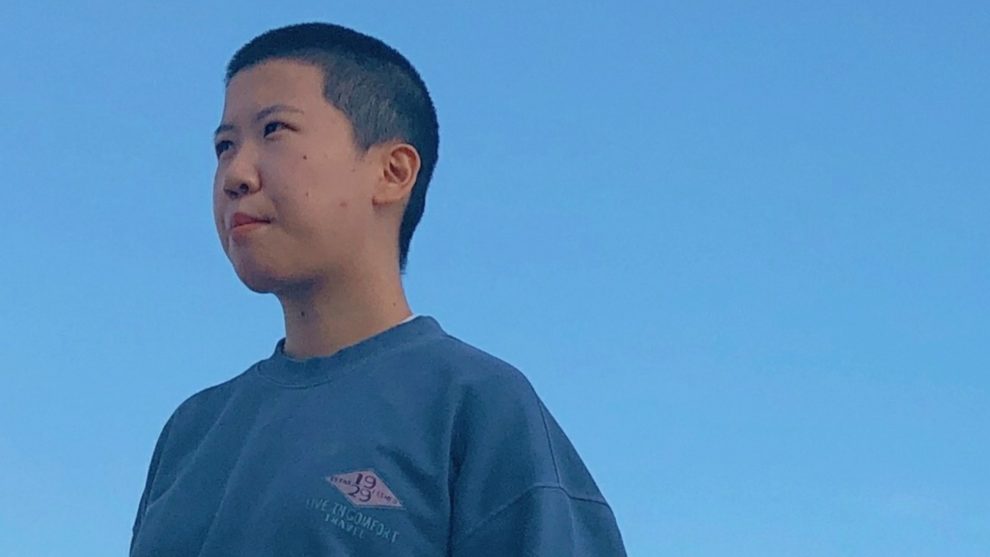
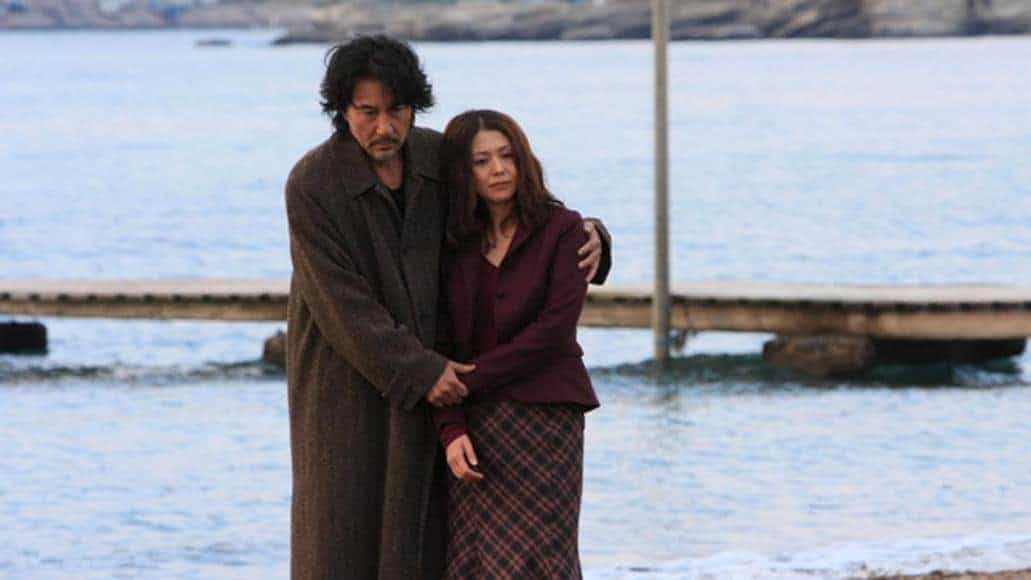
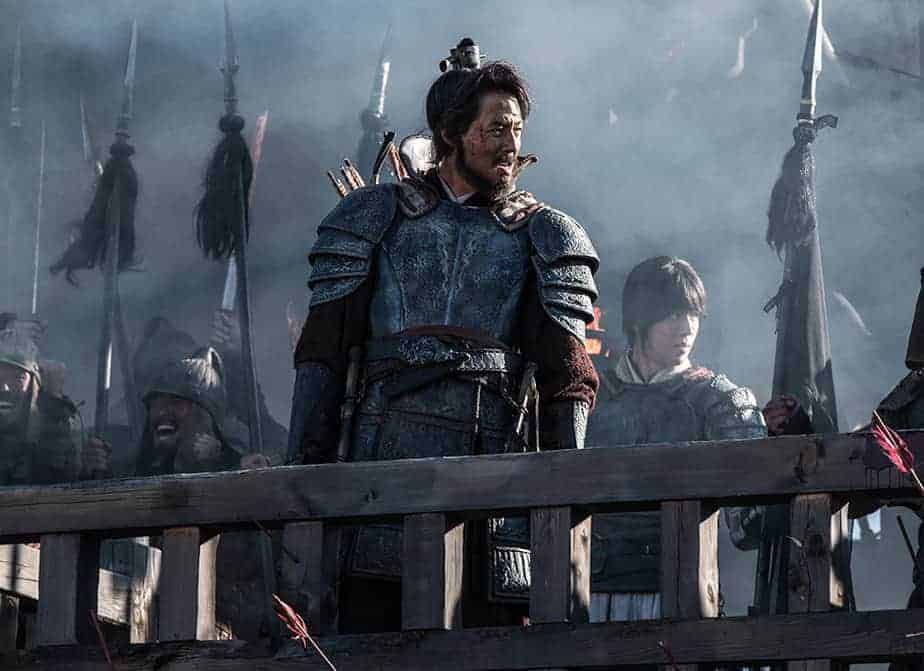
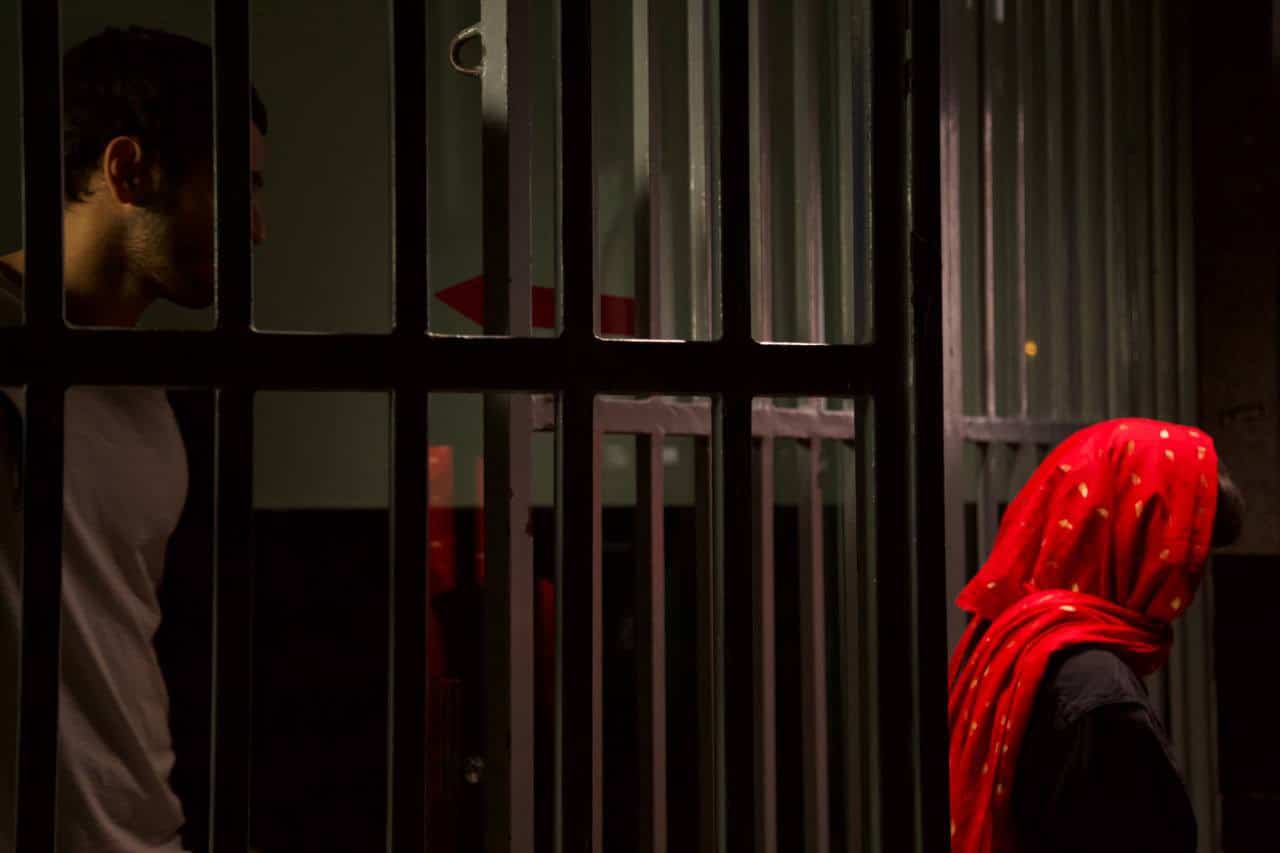

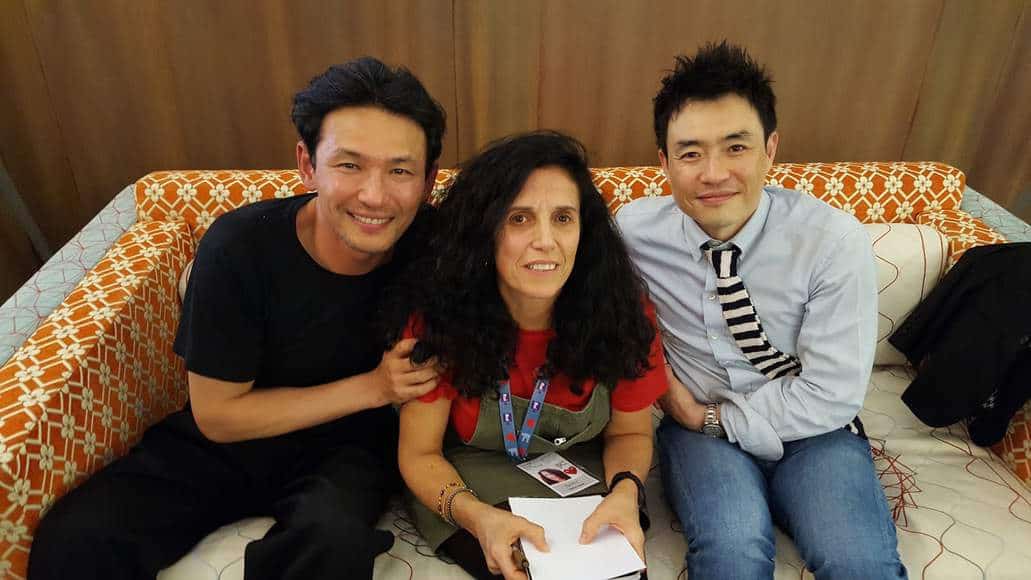








I would like to interview Lee Mi-hae for a documentary. Is there a possibility to contact her and tell her about my project? Let me know.